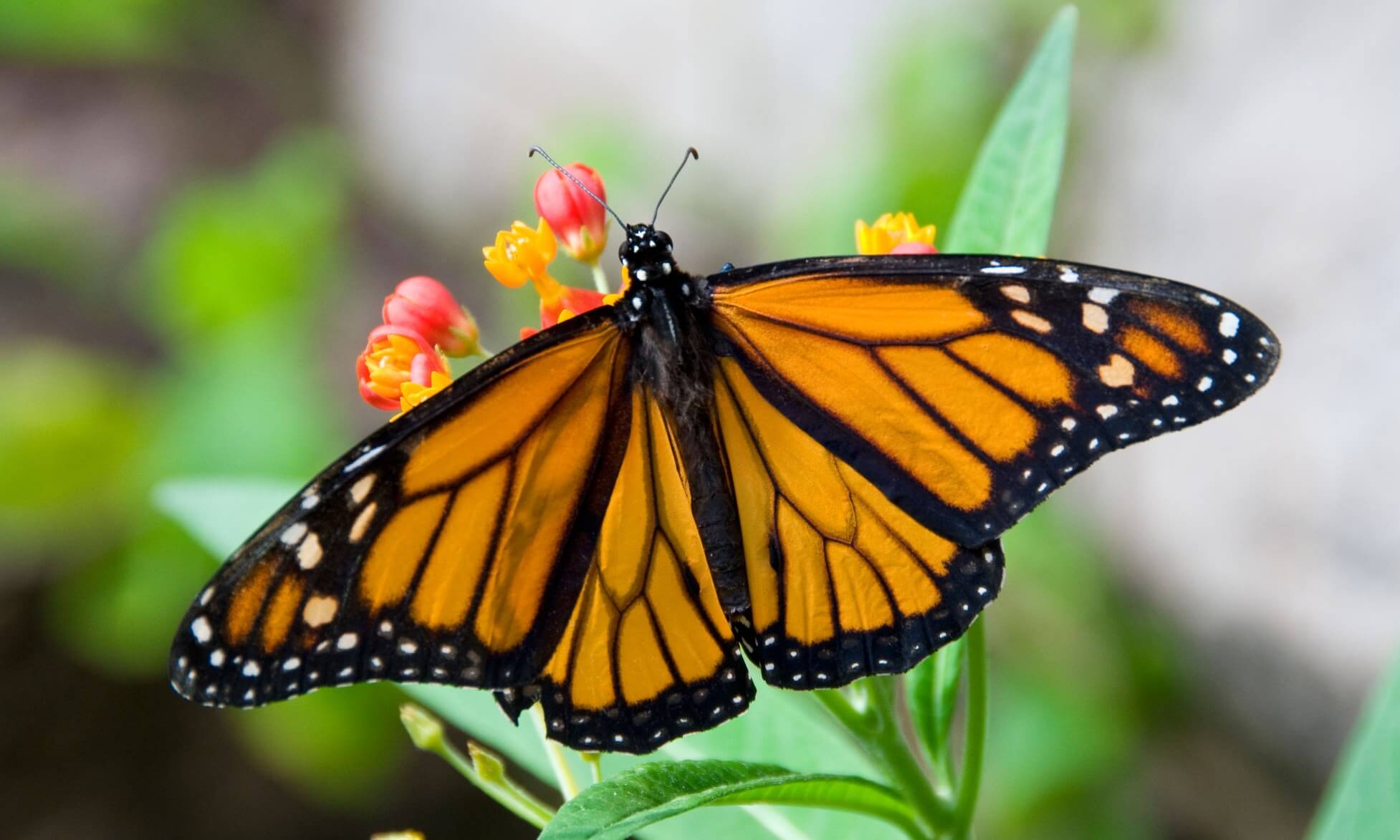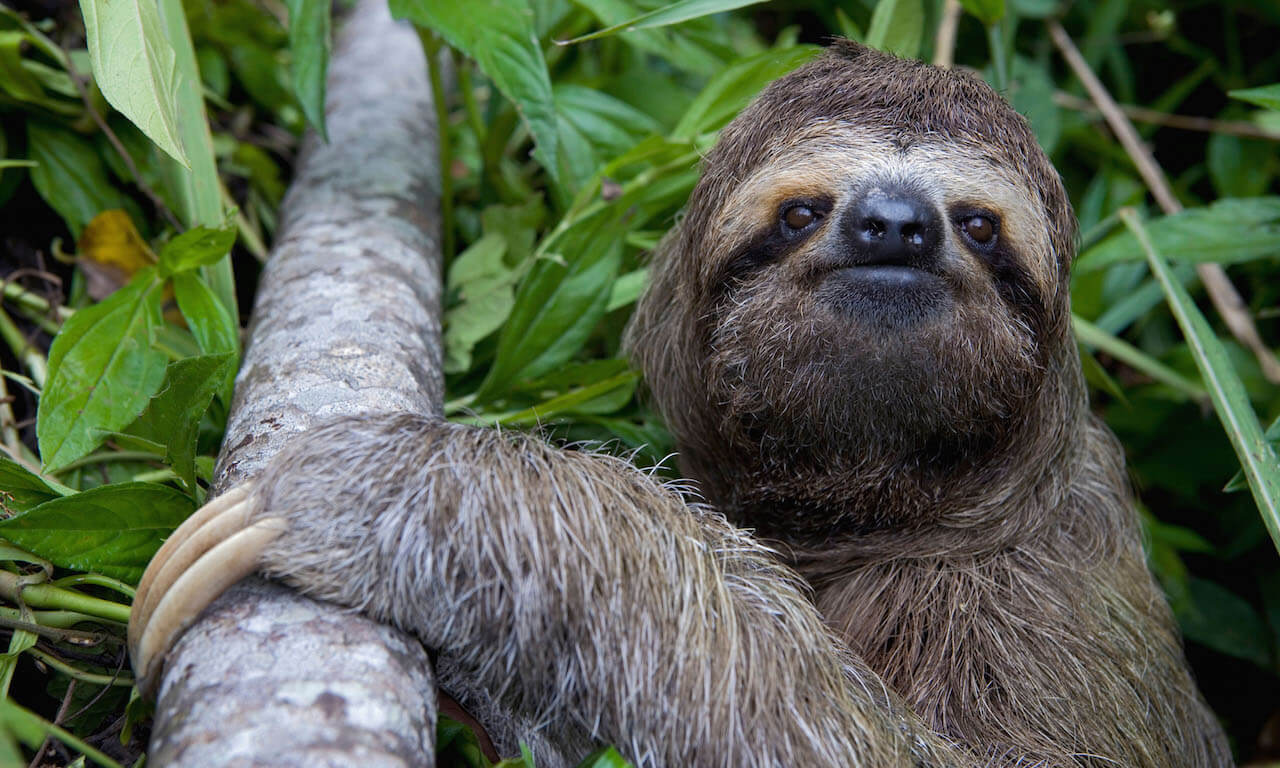DeepSea Challenge
Source: National Geographic
On March 26, 2012, James Cameron made a solo 6.83-mile journey to the Challenger Deep, the deepest known point in the ocean. Cameron completed the dangerous trek in a single-seat submersible named the DEEPSEA CHALLENGER. What risks did Cameron encounter on his journey, and what did he hope to discover? Learn more about the mission at this official site.












